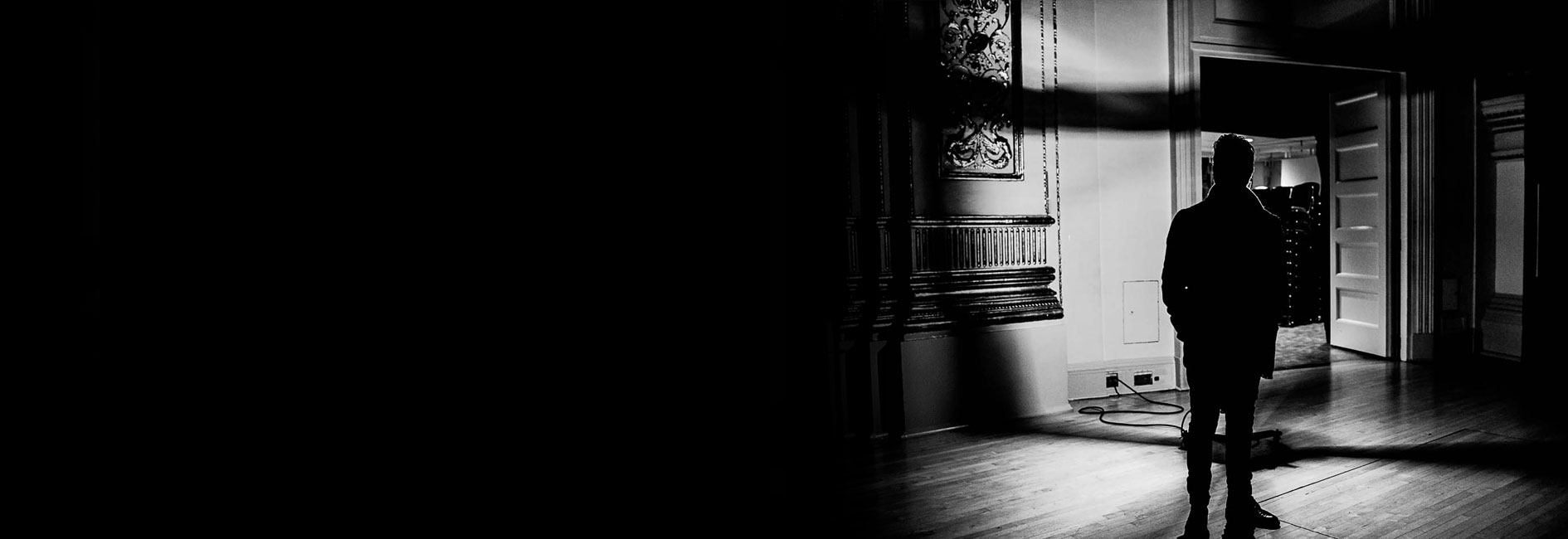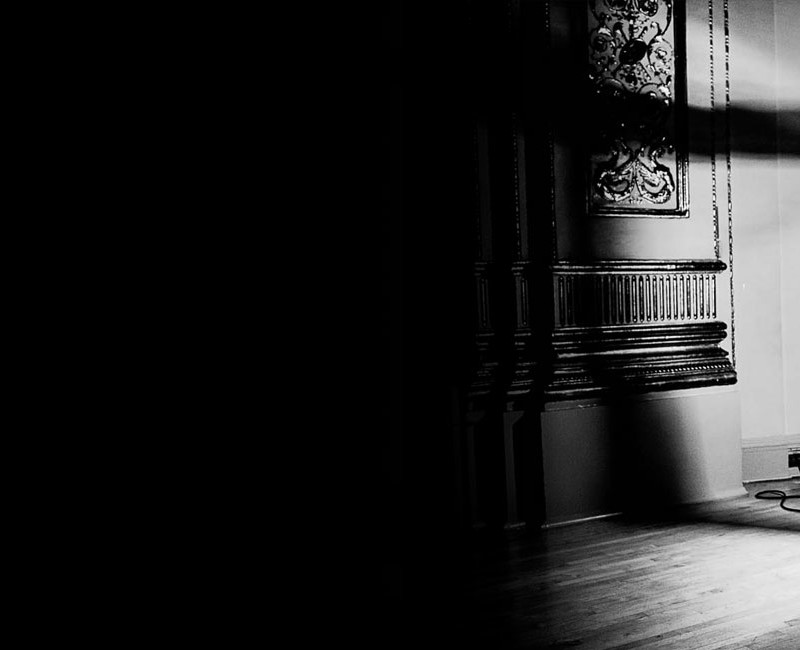Vienna Philharmonic debut / Mozartwoche
06 Feb 2016
Nikolaus Harnoncourt was to have conducted this concert . . . I looked forward, however, to hearing another conductor for the first time ‘live’, and was not disappointed. Pablo Heras-Casado, who has recently been recording Mendelssohn on period instruments . . . here performed the composer’s music with a very different beast, the Vienna Philharmonic . . .
The Overture to Die schöne Melusine opened with delightfully bubbly woodwind, responded to by featherlight – yet grounded! – strings. Then came full orchestral vehemence, with a quite wondrous precision, not always the VPO’s stock in trade, and so on, quicksilver changes of mood beautifully handled. This was the most alert playing from an orchestra which, especially recently, has not been without its slapdash moments. That, I think, must indicate that what can be a somewhat recalcitrant beast likes Heras-Casado, who certainly seemed to have the measure of this score.
Whether I should have liked Harnoncourt’s way with Mendelssohn’s setting of the forty-second Psalm, who knows? I certainly like – very much – his having programmed it. We almost never hear Mendelssohn’s shorter choral works; indeed, although Elijah has the reputation of being a warhorse, I have only heard it once in the concert hall, under Kurt Masur. This was a performance in general as beautifully crafted as the work itself . . . It may have been the only time I have heard this work in the concert hall, but I doubt I should have had many, if any, opportunities to hear it performed better.
The Scottish Symphony – I do not think we are supposed to call it his ‘Scotch’ any more! – receives many more performances, of course, but perhaps not so many as one might expect . . . The opening to the first movement was grave yet sweet of tone; indeed, the whole introduction sounded full of potentiality, not unlike Haydn in that respect. Heras-Casado imparted a fine sense of momentum; he clearly knew, and knew how to communicate, its contours. The Allegro un poco agitato soon developed a fine head of steam, as it were. As earlier, there was a fine sense of intimacy too; indeed, that was really one of the hallmarks of this performance, which seemed conceived very much in chamber-music style . . . although Heras-Casado could drive quite hard, the second group yielded in lovely – yes, I must have used up my store by now – fashion, the development of its material seeming here of particular interest (subtleties brought out without underlining). There was brilliantly virtuosic playing to be heard in the scherzo; essentially, it sounded as a Mendelssohn scherzo should . . . Clarity of counterpoint was admirable; so, crucially, was its direction. The opening to the Adagio was infused with sweet Viennese longing, which, under Heras-Casado’s wise leadership, did not neglect the particular twists that mark this music as Mendelssohn’s, close though it rightly might have sounded at times to Schumann. The sterner, majestic passages were given their full due too, and, again, there was a fine sense of how the movement cohered as a whole. There followed as spirited and, in general, precise an account as one might hope for of the finale, tension maintained throughout . . .
Mark Berry – Seen and Heard International

